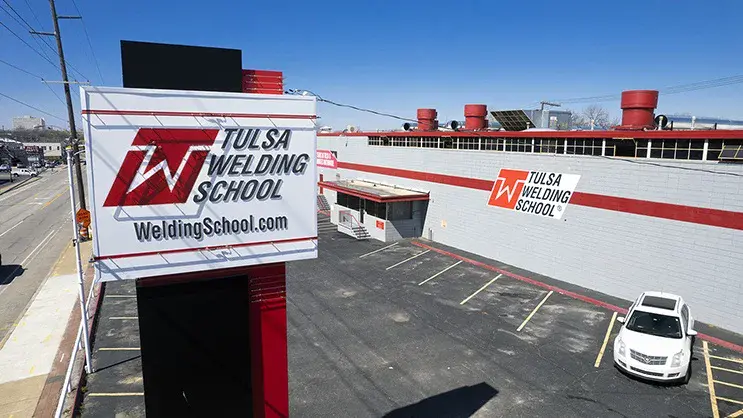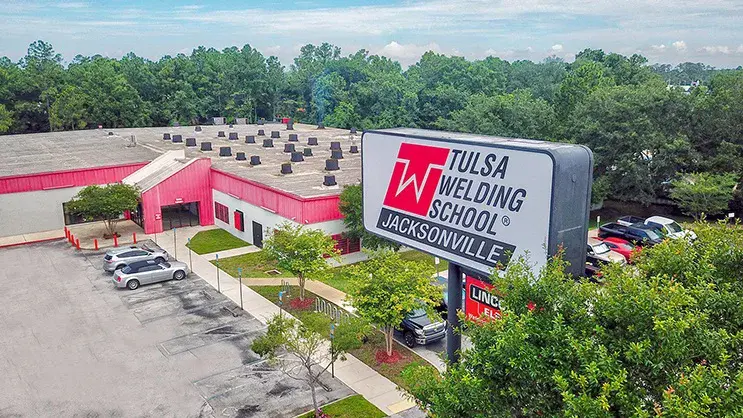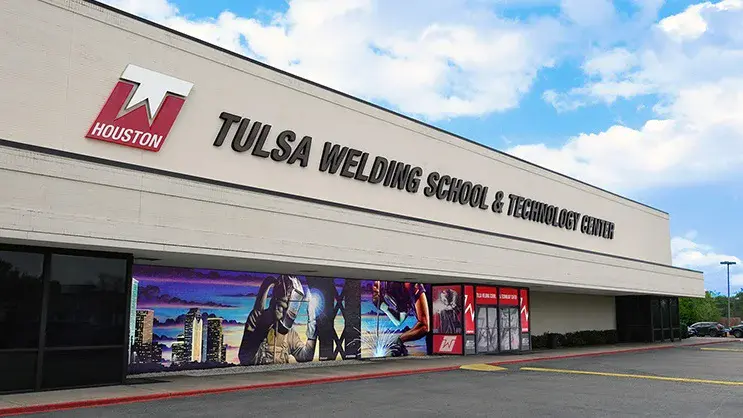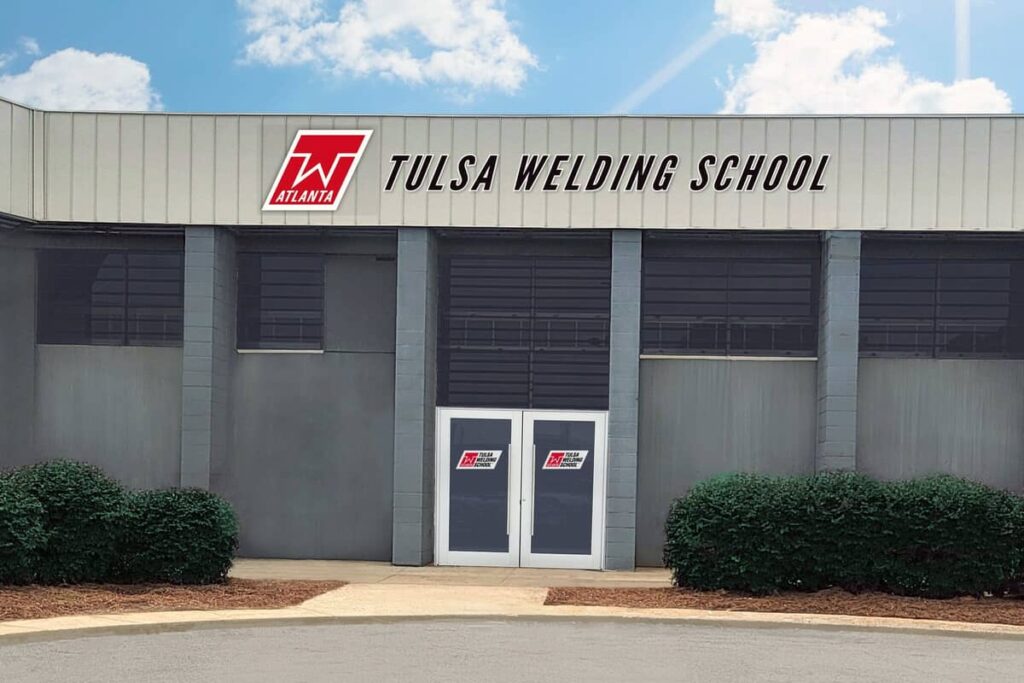TWS is a Great Training Option for Everyone
Learn more about how we can prepare you to advance your career.
Finding the right industrial maintenance technician school is a practical step toward building a reliable, hands-on career. A strong program offers you access to valuable training, knowledgeable instructors, and curriculum designed to mirror real-world job demands. If you’re drawn to working on industrial machinery, electrical systems, or automated equipment, the right school will help you develop the skills employers need.
With advanced technology and automation reshaping the industry, technicians must be ready to handle complex systems and ever-evolving challenges. That starts with training rooted in practical application and safety. Look for programs with a clear structure, updated tools, and instructors with industry experience. A school that prioritizes safety, efficiency, and system-wide understanding will give you the edge when stepping into the job market.
What Makes a Quality Industrial Technician Program?
The strongest industrial maintenance technician programs share a few common elements. Use the list below as a checklist while comparing schools.
- Electrical Systems Fundamentals: A solid program teaches how to diagnose and repair electrical issues using AC/DC circuits, motor controls, PLCs, and instrumentation. These are core skills for maintaining and restoring system operations across various types of industrial equipment.
- Mechanical Systems Mastery: Understanding mechanical systems means more than fixing machines. It includes reading schematics, performing preventive maintenance, and optimizing mechanical performance. Courses should teach the relationships between moving parts, the role of lubrication, and wear monitoring.
- Hydraulics and Pneumatics: Many industrial systems rely on fluid power. Training should include identifying components, understanding pressure systems, and troubleshooting flow problems. A technician familiar with these systems can service a wide range of manufacturing and processing equipment.
- Troubleshooting Techniques: Strong programs use real-world scenarios to teach problem-solving and critical thinking. These skills are valuable on the job where quick decisions can reduce downtime. Learning to follow structured diagnostic steps builds confidence and consistency.
- Safety Practices: Safety is a major part of any industrial role. Programs should teach OSHA-aligned best practices and require consistent use of safety procedures. Students should also understand how to lockout equipment, use personal protective equipment, and navigate high-voltage environments.
- Hands-On Experience: Look for training that takes place in simulated industrial environments with real tools. You should work with the same industrial equipment found in production facilities. Hands-on practice deepens understanding of concepts and builds the kind of muscle memory employers expect.
- Instructor Experience: Teachers should bring years of experience in the field and the ability to connect classroom learning with job site realities. The best instructors offer insight, mentorship, and practical advice. Ask whether instructors have recent experience with the equipment and systems used in today’s industrial workplaces.
- Career Services Support: A school should provide effective job placement support, resume help, and interview prep. A good network of industry partners is also a plus. Career services help bridge the gap between training and employment by connecting students with opportunities that match their skills.
- Facilities and Equipment: Classrooms and labs should reflect real job environments. Training on outdated or incomplete systems won’t prepare you to maintain the fast-moving machinery used in manufacturing plants, power stations, or automated warehouses.
- Flexible Scheduling Options: Many students balance school with work or family obligations. Some industrial technician programs offer flexible schedules that let you continue earning while training for a new career.
Why Choose Tulsa Welding School?
The Advanced Industrial Maintenance Technology program at Tulsa Welding School is built for students who want to train for careers in equipment maintenance and facility operations. Offered at the Dallas Metro and Houston campuses, the program runs for seven months and includes:
Have You Considered a Career in the Skilled Trades?
Fill out the form to recieve a no obligation info packet.
- Mechanical and electrical training
- Automation and PLC instruction
- Human-Machine Interface (HMI) systems
- Calibration and adjustment of industrial machinery
- Safety procedures for high-risk environments
In this program, you’ll learn how to maintain and repair the systems that keep industries like energy, logistics, and food production running. Instructors bring field knowledge and help students build both confidence and competence.
Students practice adjusting, calibrating, and testing industrial equipment. You’ll also learn to diagnose system failures, apply preventive maintenance strategies, and follow safety procedures in simulated work settings.
Tulsa Welding School is focused on building practical, job-ready skills. Small class sizes support personalized instruction, and the career services team offers resources for resume development, job placement, and professional networking.
Whether you’re switching careers, entering the trades for the first time, or seeking to formalize your existing skills, this program is designed to get you workforce-ready fast. Training is structured, focused, and built around employer feedback. With demand high for industrial maintenance professionals, graduates of this program are positioned to compete in the job market.
Take the First Step Toward a Career That Keeps the Industry Running
Industrial maintenance technicians have an ability to keep machinery running safely and efficiently supports the backbone of modern production. The right school prepares you for real responsibilities by focusing on hands-on experience, system knowledge, and safe practices.
A smart choice now can lead to years of opportunity ahead. Start your research, think about your goals, and make your next move with purpose. When you train at a school like Tulsa Welding School, you invest in a future that lets you work with your hands, solve problems, and stay in demand.
To learn more about our trade school programs, contact us at today or call (214) 227-9911.








